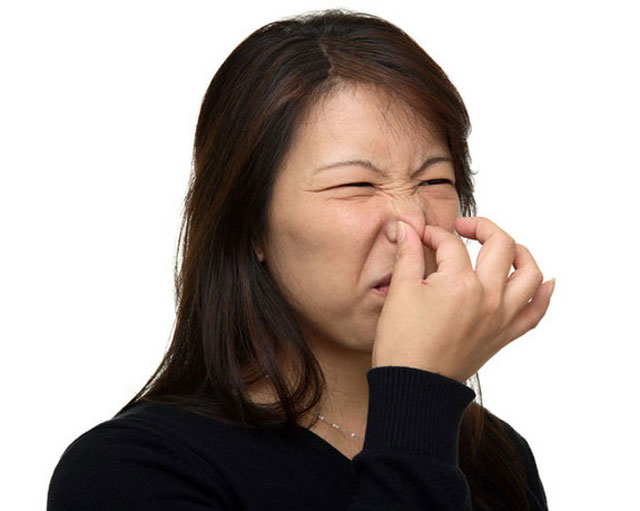Body's Response to Disease Has a Smell, Study Suggest

Get the world’s most fascinating discoveries delivered straight to your inbox.
You are now subscribed
Your newsletter sign-up was successful
Want to add more newsletters?

Delivered Daily
Daily Newsletter
Sign up for the latest discoveries, groundbreaking research and fascinating breakthroughs that impact you and the wider world direct to your inbox.

Once a week
Life's Little Mysteries
Feed your curiosity with an exclusive mystery every week, solved with science and delivered direct to your inbox before it's seen anywhere else.

Once a week
How It Works
Sign up to our free science & technology newsletter for your weekly fix of fascinating articles, quick quizzes, amazing images, and more

Delivered daily
Space.com Newsletter
Breaking space news, the latest updates on rocket launches, skywatching events and more!

Once a month
Watch This Space
Sign up to our monthly entertainment newsletter to keep up with all our coverage of the latest sci-fi and space movies, tv shows, games and books.

Once a week
Night Sky This Week
Discover this week's must-see night sky events, moon phases, and stunning astrophotos. Sign up for our skywatching newsletter and explore the universe with us!
Join the club
Get full access to premium articles, exclusive features and a growing list of member rewards.
Humans may be able to smell sickness, or at least detect a distinct odor in the sweat of people with highly active immune systems who are responding to infection, a new study from Sweden suggests.
In the study, eight healthy people were injected with either lipopolysaccharide, a bacterial toxin that produces a strong immune response, or with salt water (which wasn't expected to have any effect). Four hours later, the researchers collected the participants' T-shirts (in which they had been sweating), cut out the armpits and put this fabric into bottles.
Then, 40 university students smelled the samples, and rated the intensity, pleasantness and the perceived "health" of the odor. [Myth or Truth? 7 Ancient Health Ideas Explained]
Students rated the shirts worn by the people injected with the toxin as more unpleasant and more intense-smelling than those of the saline group, the study found. Participants also rated the shirts from the toxin group as smelling more "unhealthy," although it's possible the raters were using pleasantness and intensity of the odors to judge health, the researchers said.
Although there have been some reports of people with certain diseases giving off a smell after symptoms appear (such as Yellow fever, which one study said smells like a "butcher's shop"), the new findings suggest that "humans can indeed dissociate between the odors of sick and healthy individuals," within four hours after the immune system is activated, the researchers, from the Karolinska Institutet, wrote in the Jan. 22 issue of the journal Psychological Science.
The scientists also found that the greater the participant's immune response to the toxin, the greater the unpleasant rating the sample received.
"Taken together, these results strongly support that humans emit a chemical cue during a generalized sickness response that can be perceived by others," the researchers said.
Get the world’s most fascinating discoveries delivered straight to your inbox.
The ability to detect sick people by their smell could serve a purpose by protecting healthy people; it would help them avoid sick individuals, the researchers said.
However, because the new study was conducted in a lab, and participants were injected with a single toxin, it's not clear whether the same results would be seen outside the lab in people who have other infections.
A 2011 study suggested that sexually transmitted diseases have a smell: the sweat of men with gonorrhea was rated as less pleasant than the sweat of men without the disease.
Follow Rachael Rettner @RachaelRettner. Follow LiveScience @livescience, Facebook & Google+. Original article on LiveScience.

Rachael is a Live Science contributor, and was a former channel editor and senior writer for Live Science between 2010 and 2022. She has a master's degree in journalism from New York University's Science, Health and Environmental Reporting Program. She also holds a B.S. in molecular biology and an M.S. in biology from the University of California, San Diego. Her work has appeared in Scienceline, The Washington Post and Scientific American.
 Live Science Plus
Live Science Plus










